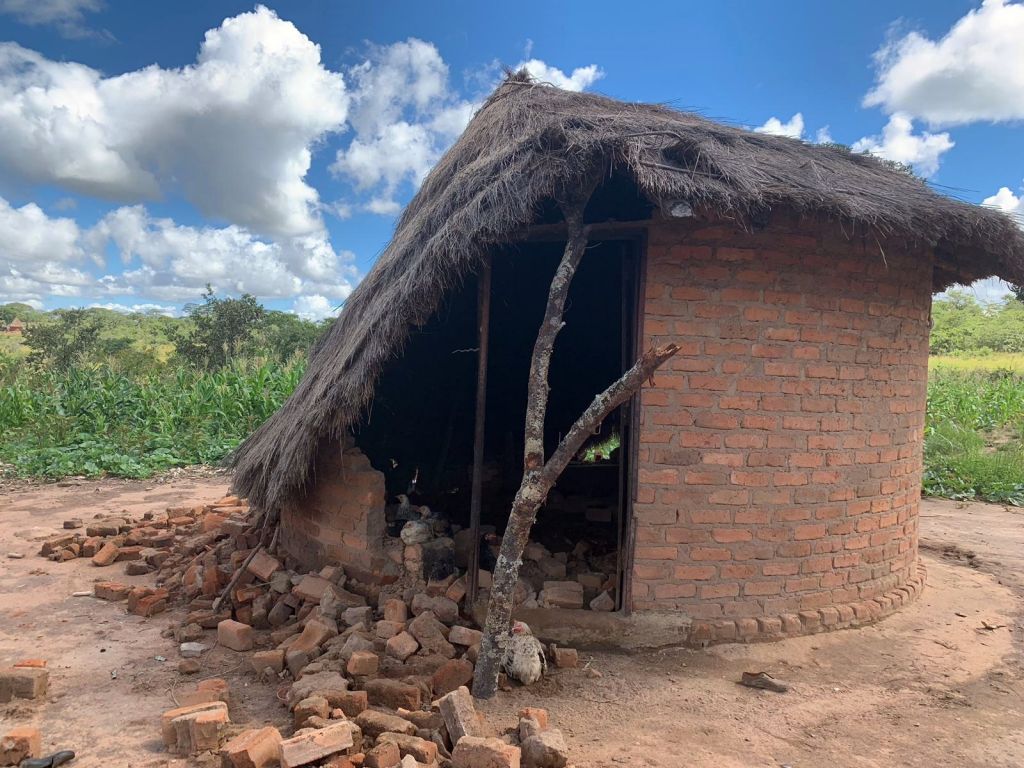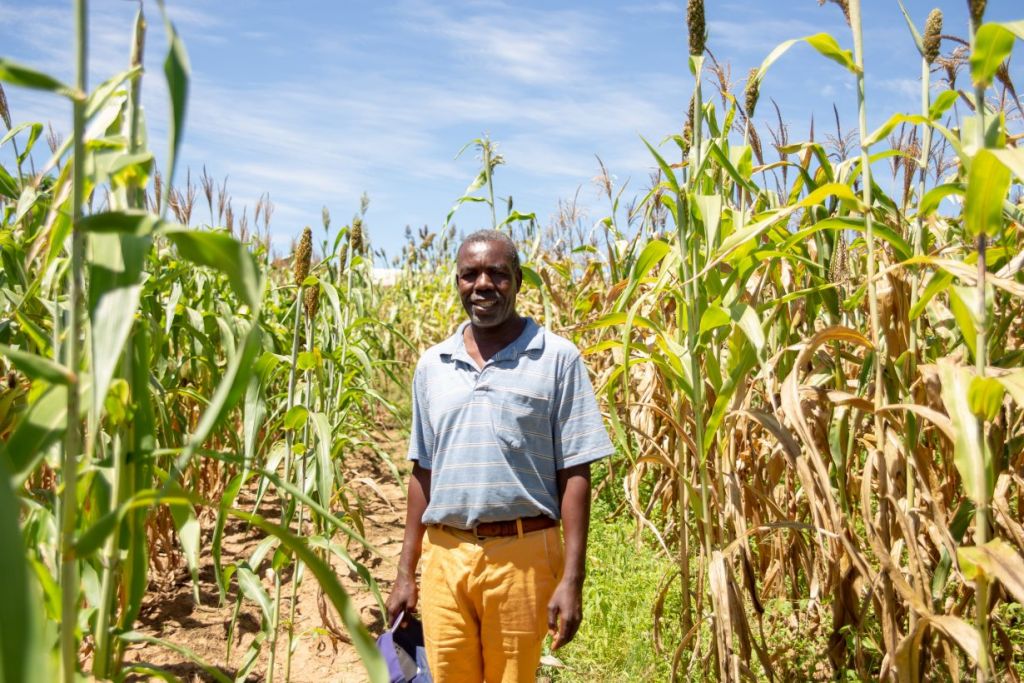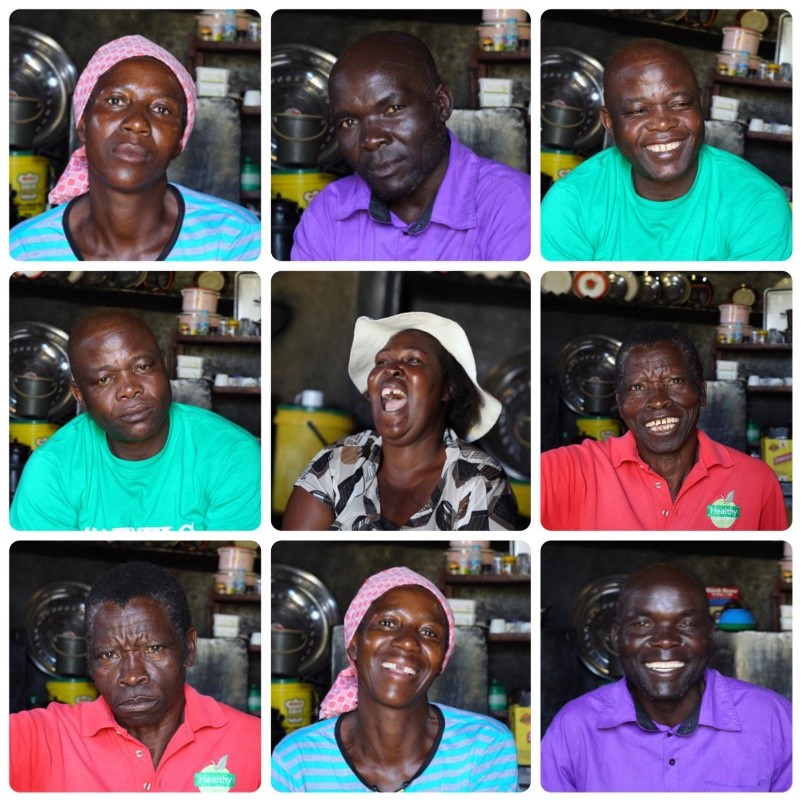This July, the world experienced perhaps the hottest month in over a century. It is true that the climate crisis can produce very divergent impacts on the rich and the poor. As UN expert pointed out recently, the rich have money to find ways to mitigate the threats of global warming, but the poor are powerless to protect themselves. They are left to bear the resulting heat, famine and diseases. CEDAR has had an insight into the great affliction that the poor in Zimbabwe in southern Africa have to endure.
Recently, El Nino caused a drought in Zimbabwe. The World Food Programme warned that over 2.3 million farmers in the country are on the verge of starvation. Yield of maize, the country’s staple crop, were reduced by half; and the water levels in the hydropower plant have decreased which contribute to the widespread power outages across the country. In addition, the country is in the middle of an economic crisis. The prices of staple food and essential commodities have more than doubled in a month. All these have ruinous effects on people’s lives and it is estimated that half of the country’s population will need emergency food assistance.
It was only a few months ago that the eastern part of Zimbabwe was struck by the intense tropical cyclone Idai and large areas of farmland were destroyed. Our staff happened to be there and have witnessed in person how the farmers suddenly lost their homes. Not long before that, we were told by the villagers that if the weather continued to be hot and dry, they could expect a drought. While people were still waiting for the rain to come and hoping for the harvest in April and May, they were hit by the largest hurricane of the century. Instead of the expected drought, it was cyclone and flooding. The calamities struck fear into the hearts of the villagers. They had already been living a very frugal existence and were planning to reduce their food intake from two meals a day to one meal a day. But now even that may be too much of a luxury for them.

While the people in Zimbabwe are still trying to recover from the catastrophe brought on by Idai, the drought continues to do great damage to their livelihoods. In order to help the locals to mitigate the impacts of climate change in the long term and help restore their livelihoods, CEDAR has been providing support to our partner in Zimbabwe, FfF [1], since 2016 to launch a series of integrated agricultural training and promotional projects. Since the local farmers were not familiar with the concept of an integrated farming system, they often overfarmed their land and caused soil erosion, which in turn led to crop failure. Therefore, based on the teaching in the Bible and the local ecology, our partner began to teach the farmers about conservative agriculture – using sustainable methods (e.g. following farming seasons and proper standards, utilising compost, covering the soil with the residue after cultivation) to fully utilise land resources. They now understand how to protect and use their land wisely, how to manage their land responsibly and to enjoy their harvest with a loving and respectful attitude towards nature.


Our partner’s firsthand experience tells us that conservative agriculture can significantly reduce the risk of soil erosion and land degradation, conserving soil moisture. In the long run, it can lessen the immediate impact of natural disasters such as drought and help to preserve some of the crop yield when disasters strike. This year, in light of the encouraging results of this mission, CEDAR supported FfF to promote this farming system in 15 sites among the communities in the northeastern part of the country and provided farmers with technical support. It is hoped that we can help more farmers improve their livelihoods.
We would like to invite you to pray for the Zimbabweans for their abilities to overcome the challenges presented by drought, and consider giving us your support in our cause of promoting agricultural training in the country so that we can be there to help the people who are suffering from climate disasters.
May God use us so that more people can receive help in time. If you would like to stay updated of our work, please subscribe to our monthly eNews.
[1] FfF refers to Foundation for Farming Trust. FfF has been teaching farmers sustainable agriculture based on Christian beliefs and they are bringing positive changes to individual farmers and the farming communities. Recently, FfF is advocating for conservative agriculture to be included in the country’s agricultural policies, and strengthening regional agricultural training.
Donation Method
(Please indicate “Zimbabwe Conservative Agricultural Training”)
Cheque
Please make it payable to CEDAR FUND
Direct Deposit
HSBC: 004-600-385678-001
BEA: 015-185-68-00931-7SSA
BOC: 012-581-2-020114-7
DBS: 016-478-001364162
Faster Payment System
FPS ID: 3354016 or scan the below code in the online banking
After donation, please send a completed Donation Form, enclosing with cheque, bank-in slip or screenshot of successful payment along with your name, contact phone number and mailing address to us via mail, email or WhatsApp.
Address: CEDAR Fund, G.P.O. Box 3212, Hong Kong
Email: sharing@cedarfund.org
WhatsApp (for donation matters only): 5160 7549
- CEDAR is an approved charitable institution and trust of a public character under section 88 of the Inland Revenue Ordinance. Please visit Inland Revenue Department website for details.
- CEDAR Fund will issue a receipt for a donation of HK$100 or above for tax deduction. For a donation of less than HK$100, please get in touch with us to issue a receipt.
- Please DO NOT fax any donation information.



